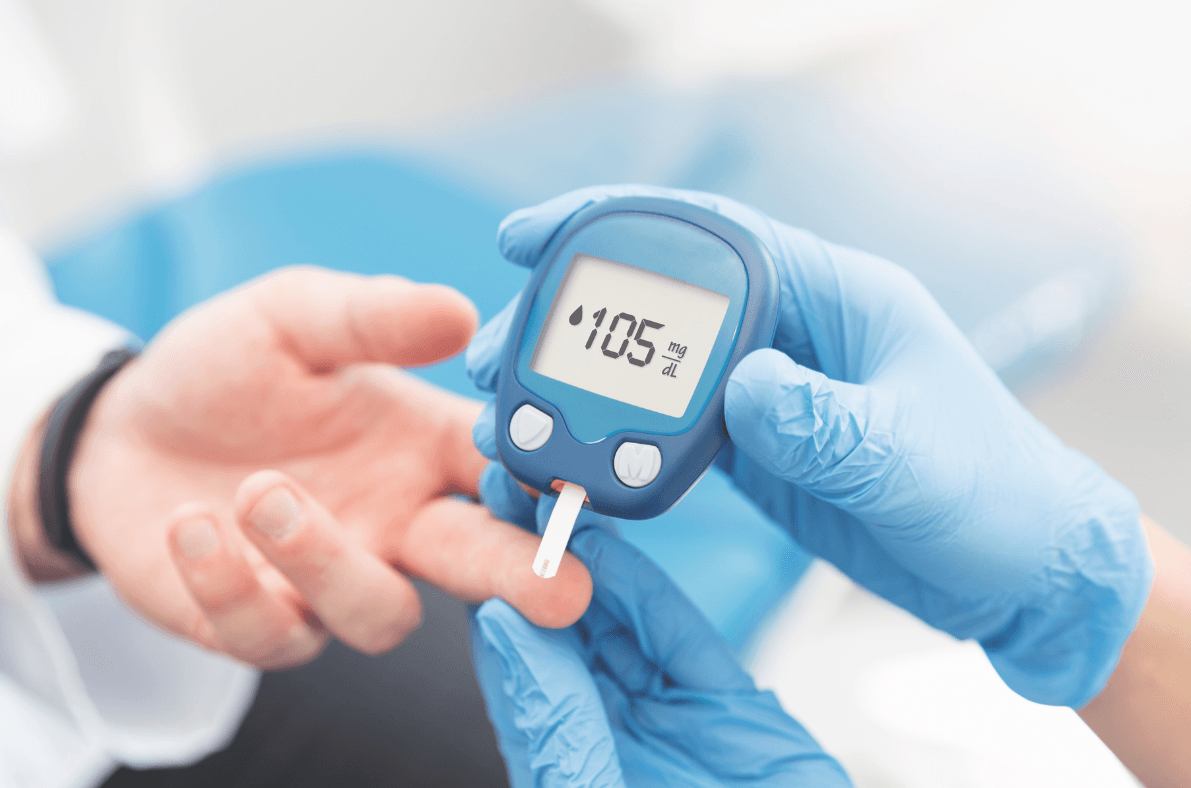Going off to University is a very exciting time in a young person's life. You’ll be going to live in a brand new city, make new friends and enjoy all of the benefits that the University lifestyle has to offer. But it’s important not to forget about your health while at University. It’s so easy in the busy time before moving to let vital healthcare tasks slip through the gaps, but you need to ensure you’re ready.
So read on to find out how to take care of yourself at University.
Register With GP Services
One of the first things you should do when starting university is register with a GP service. The odds are as a student you’ll be in a brand new city and be spending more time there than at your family’s home address, so you should be registering with a nearby GP instead of keeping your home one. This way you can access health services quickly and easily while away from home and receive emergency care if you require it. You should also try to register with a dentist as well in case of any teeth related issues.
Most Universities have a health centre attached which you can register at, this is especially useful if you’re a first-year living on campus, making it very convenient to access. A university health centre is great to use as they usually have links with other specialists such as counsellors, physiotherapists and psychiatrists that you can easily access without having to be referred to a different clinic. If you’re living off-campus, it might be best to research a GP service closer to your address and register there instead. Your local GP is always best if it is the one closest to you.
Registering with a GP is especially important if you have ongoing health conditions that require medication, such as diabetes or asthma. Having your GP close means you can get easy access to the medicine that you require to help with your condition. If you go home for holidays and the summer, it is easy to contact a nearby practice to ask for emergency treatment or register as a temporary resident for a few weeks while you’re home.
If you’re a student moving to the North West London area, register with NHS GP to get access to online student health services with NHS Online. We understand it is essential to get the right health advice while living independently for the first time, so offer a range of services to help with the changes in lifestyle, mental and physical health. This includes:
General/Student Health Advice And NHS Weight Loss
University life is usually regarded as a big lifestyle change, so you may find yourself wondering how exactly to take care of yourself. Talking to an expert through NHS GP will help you to stay healthy. This can be advice on healthy eating, how much sleep you need and other general health advice that may seem minor but can have a big effect on your health.
One great recommendation is the NHS Weight Loss App. This app will help you make small, simple changes to your diet to help you lose weight. You can plan meals, set goals, calculate your BMI and learn tips to get more active. A common misconception is that eating healthy at university is unachievable because of the cost, but eating healthier is often cheaper than ordering takeaways or buying ready meals. By maintaining a healthy diet and drinking plenty of water, you will find yourself with more energy, reduced anxiety and the ability to go about your day more easily.
If you have been drinking, smoking or doing drugs regularly at university and think you may have a problem, NHS GP can help with support for these issues by offering appointments with doctors, support groups or other services.
Counselling and Mental Health Support
Moving away from home and starting a degree can be very overwhelming mentally for a young person, so NHS GP offers mental health services such as counselling and other support. This is ideal for those who feel down about moving away from home, are having trouble adjusting, are having academic burnout or think they are suffering from more serious mental health issues. You can also access incognito, 24/7 support if you just want to talk anonymously to someone.
If you don’t want to talk to a professional, even just talking with a friend and keeping in touch with family can help you to feel better. It’s vital to have a good state of mental health at university as without it you will find it harder to focus on work or have a fun experience. Exercising regularly and eating healthier is a great way to improve one’s mental health.
Sexual Health Check and Contraception Advice
If you are worried about your sexual health and think you may need a check, or just need advice about sexual health or contraception, you can get this advice for free through NHS GP. You can come into a practice or talk online to an expert who will be able to answer any questions and address any concerns. This can include dealing with issues such as erectile dysfunction, premature ejaculation, vaginismus, reduced sex drive or any other questions you may have about sexual health.
If you think you may have an STI, read this page for potential symptoms that may need checking. If you need access to contraception, all general practises or family planning clinics provide free condoms and contraception to anyone, regardless of whether they are a patient registered there. It’s always best to have contraception, even if you don’t plan to be sexually active.
Appointment Management & Repeat Prescriptions
If you have frequent appointments with a GP, our online platform is great for handling your appointments, making sure you know when exactly you need to come into a practice or be ready for an online consultation. You can also handle your prescriptions efficiently, knowing when you’re going to run out and easily ordering more.
Vaccine Information
You can use NHS GP to find out more about what vaccinations you may need before you begin university, read on for more information about this.
Vaccinations
Before you head off to university, it is best to get vaccinations against certain diseases. This is due to being surrounded by new people from all over the country, who may be carrying different strains of diseases and antibodies. This means there is more chance of you getting ill or passing on diseases to others. Here are a few vaccines you should make sure you get:
● COVID-19 Vaccine - Getting this vaccine will give you the best protection against coronavirus. It is best to have both doses and the booster for the maximum amount of protection. Most universities will strongly recommend all students and staff be vaccinated before starting the academic year.
● Meningococcal ACWY Immunisation - Students are at an increased risk of Meningitis due to having close contact with new people who may be unknowingly carrying the meningitis bacteria. You may have had this vaccine given to you at school already, but it is best to talk to your GP practice to ensure that you have had it. The MenACWY vaccine will also protect you from septicaemia and other potentially fatal illnesses.
● MMR Vaccine - This vaccine will protect you from measles, mumps and rubella which has commonly caused outbreaks in universities. In 2019 there were more than 220 suspected mumps cases in Nottingham universities, with many more unreported cases thought to have occurred. Mumps is a very infectious illness spread through fluids that causes swelling of the glands, leading to headache, joint pain, sickness, tiredness, high temperature and a loss of appetite. Rubella is rarer and causes a spotty rash, aching, swollen glands and a high temperature.
● Flu Jab - An annual flu vaccination can help you stay healthy during flu season. New strains of the flu emerge each year, so having a flu jab can help keep these strains away.
For international students, you will need to be up to date with all immunisations as recommended by the Department of Health so check with your GP to see what you need.
GP Services From NHS GP
Register now with NHS GP to gain access to a range of services, both online and in person. We know that students live a busy schedule, so you can access online student health options without having to pop into a clinic to see us. This can include live online consultations with practitioners and access to a wealth of advice.
To find out more about the services we can offer, whether it’s online clinical services, prescriptions or appointments, visit our website now to find out more and find the contact details for all four of our North West London branches.











